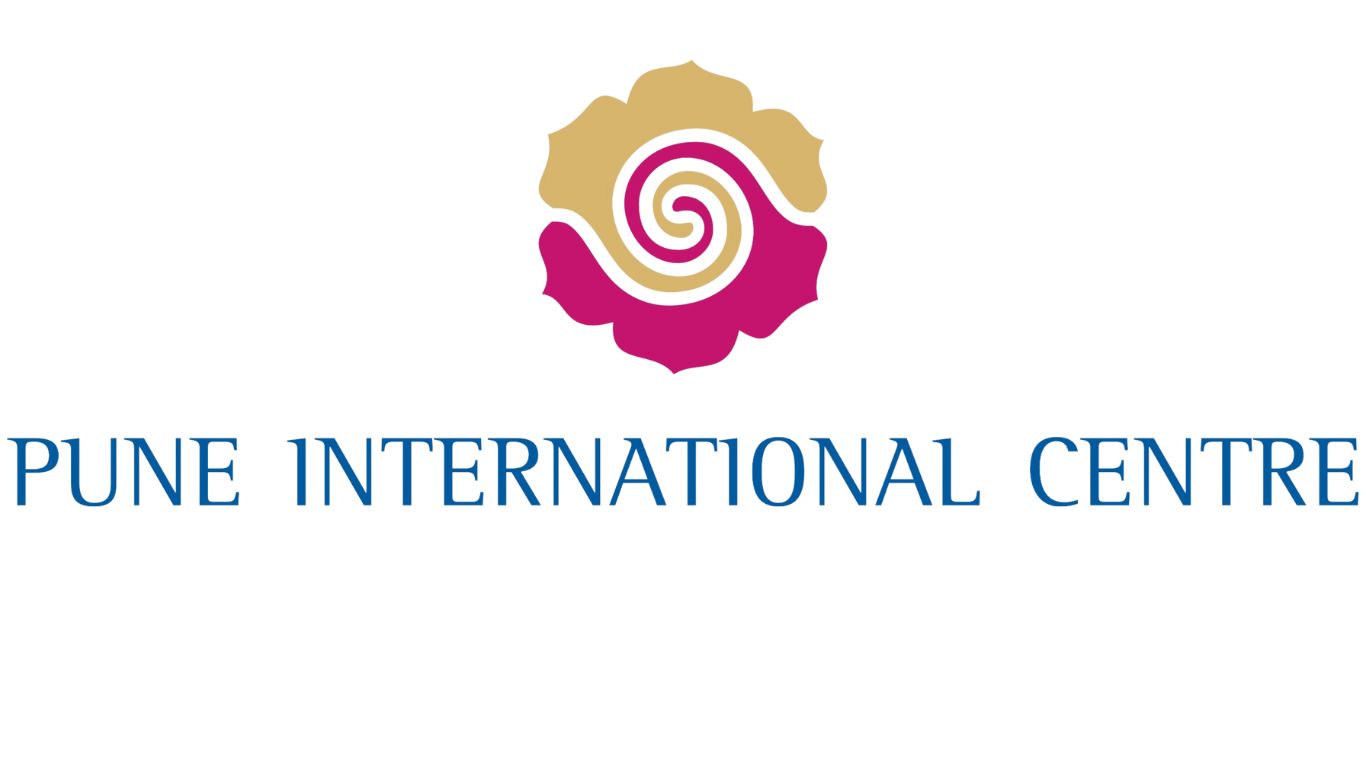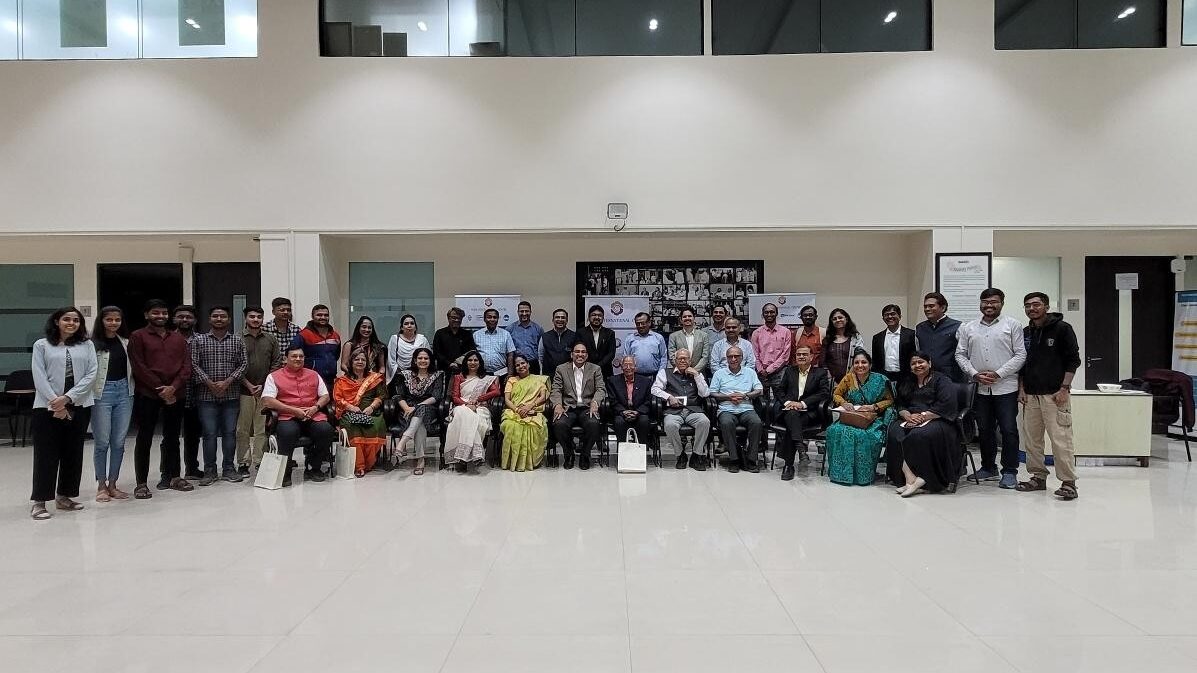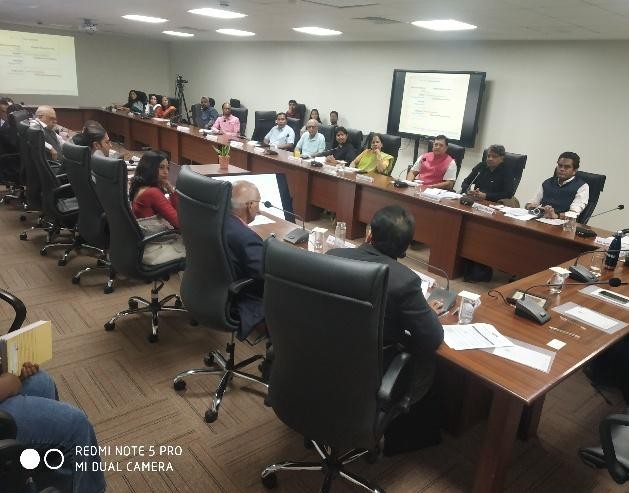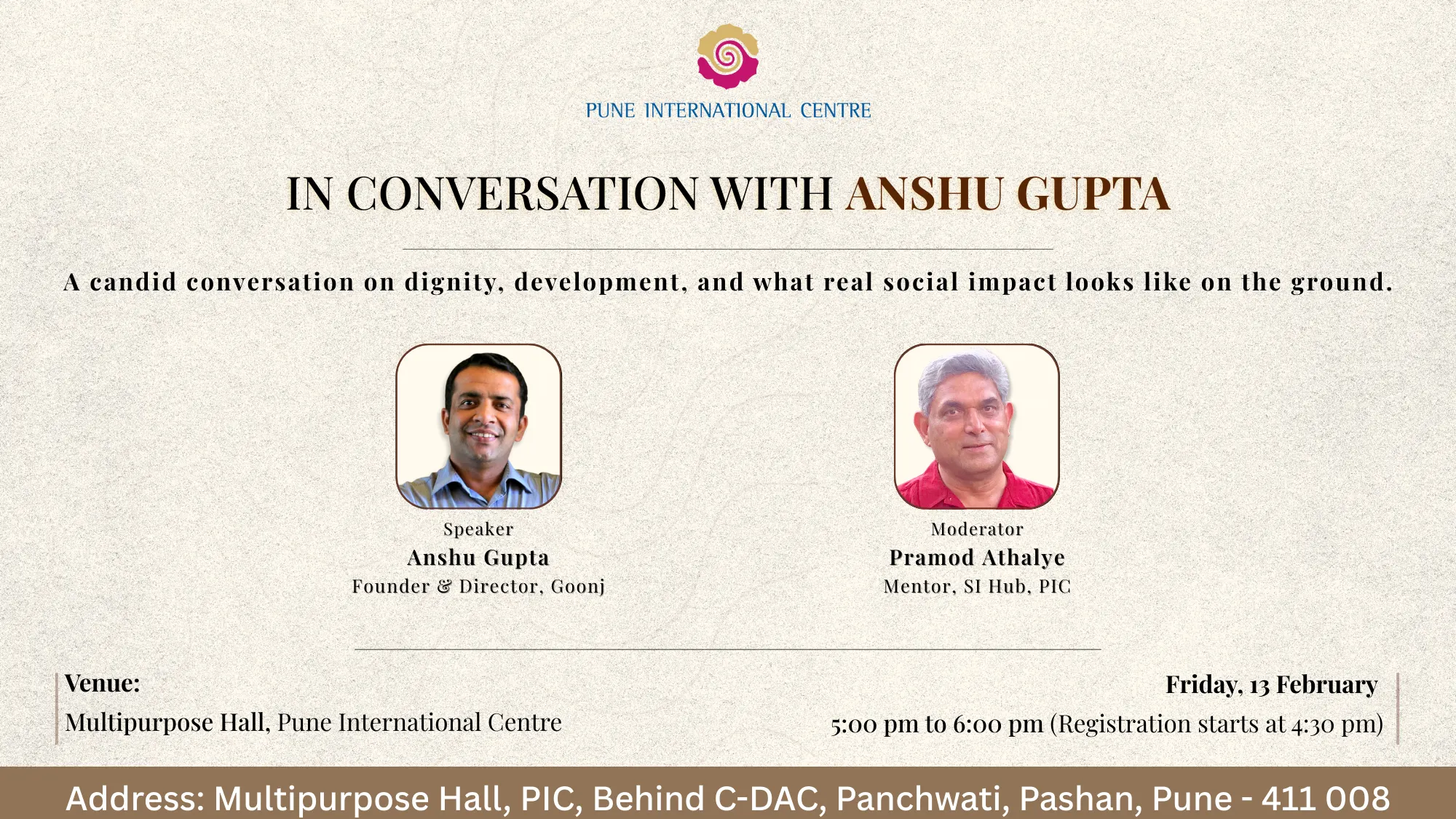On 17 December 2024, the Pune International Centre, in collaboration with the Indian Society of Lighting Engineers (ISLE), the College of Engineering Pune Technological University (COEP-Tech), and the Institute of Electrical and Electronics Engineers (IEEE), held a roundtable on Sustainable Lighting: Innovations in Energy Conservation in Pune, India. Policymakers, architects, engineers, academicians, and urban planners discussed how energy-efficient lighting can address India’s growing energy needs. The insights shared shape the context for this policy research, which explores technologies like automation for parking spaces to propose policies for sustainable urban environments.
Key Discussions and Questions for Policy explored:
Energy Smart Lighting Design
Research Question: How can policies encourage energy-efficient lighting designs in buildings and public spaces to reduce energy use?
Lighting consumes 15–20% of a building’s electricity, but smart design can lower this significantly. The roundtable emphasized that effective lighting involves lamps, luminaires (like reflectors or diffusers), and thoughtful orientation to direct light where needed. For LEDs, achieving energy efficiency requires a balanced approach—neither too few nor too many lights suffice. Incorporating natural daylight is key for most buildings, reducing reliance on artificial lighting, though 24-hour facilities like hospitals or airports need tailored solutions. Both brightness (lux levels) and light quality (colour accuracy and temperature) matter for efficiency and comfort. However, outdated standards, possibly from the Bureau of Indian Standards, and weak enforcement hinder progress. Policies offering subsidies or updated regulations could make energy-efficient lighting designs, like those in parking facilities, more widespread.
Intelligent Lighting for Smarter Living: Leveraging Smart Controls, IoT, and Automation
Research Question: How can policies support the expansion of smart lighting and automation systems to improve energy management in cities?
Smart technologies, such as IoT systems, allow lights to respond to real-time needs, like brightening areas only when people are nearby. A project by Samudra Electronic Systems Pvt. Ltd. in Jaipur, managing over 100,000 street lights, uses motion sensors and a Centralized Control and Monitoring System (CCMS) to cut energy use, funded through Energy Service Company (ESCO) partnerships or the Energy Performance Contract where savings offset costs. Challenges like high upfront costs and limited awareness call for policies that promote partnerships between cities and technology providers to scale these solutions, including for parking facilities.
Healthy Lights, Healthy Lives: Impact of Lighting on Health, Wellbeing, and Environment
Research Question: How can policies use lighting to improve health and encourage energy-saving behaviors?
Natural daylight in homes or offices reduces energy use and supports well-being by helping regulate sleep and mood. The roundtable discussed using window placement and reflective materials to maximize daylight, with artificial lights stepping in as needed. However, many people don’t use lighting efficiently due to lack of awareness. Policies could draw on examples of human-focused and India-specific standards, promoting campaigns to teach communities about energy-saving lighting that also reduces glare and enhances comfort.
Additional Insights for Policy Development:
Lighting Education: India needs more trained lighting designers to implement advanced systems. The roundtable called for training programs and certifications, which policies could support to build expertise for energy-efficient technologies.
IEEE’s Work in Lighting: The roundtable’s partnership with IEEE highlighted the role of technical standards in improving lighting technologies. Policies can use this expertise to update national codes, like the Energy Conservation Building Code, to include automation and smart systems for streets and parking areas.
Best Practices in Daylighting: Using natural light through well-designed windows or reflective surfaces lowers energy costs and creates comfortable spaces. Policies that include these practices in city planning can benefit buildings and public areas.
Success Stories under Energy Performance Initiatives: Samudra’s Jaipur project shows how smart streetlights, with sensors and centralized controls, save energy while keeping communities safe. By working with local groups and using ESCO funding, this model offers lessons for policies to expand similar solutions to other urban spaces, including parking facilities.
The discussions showed how lighting affects energy use, health, and daily life in our cities. This research will build on these ideas, using case studies on parking space automation to recommend policies that promote energy-efficient, people-centered solutions across India.
Click here to watch the full video of the event.
Glimpses from the roundtable:






